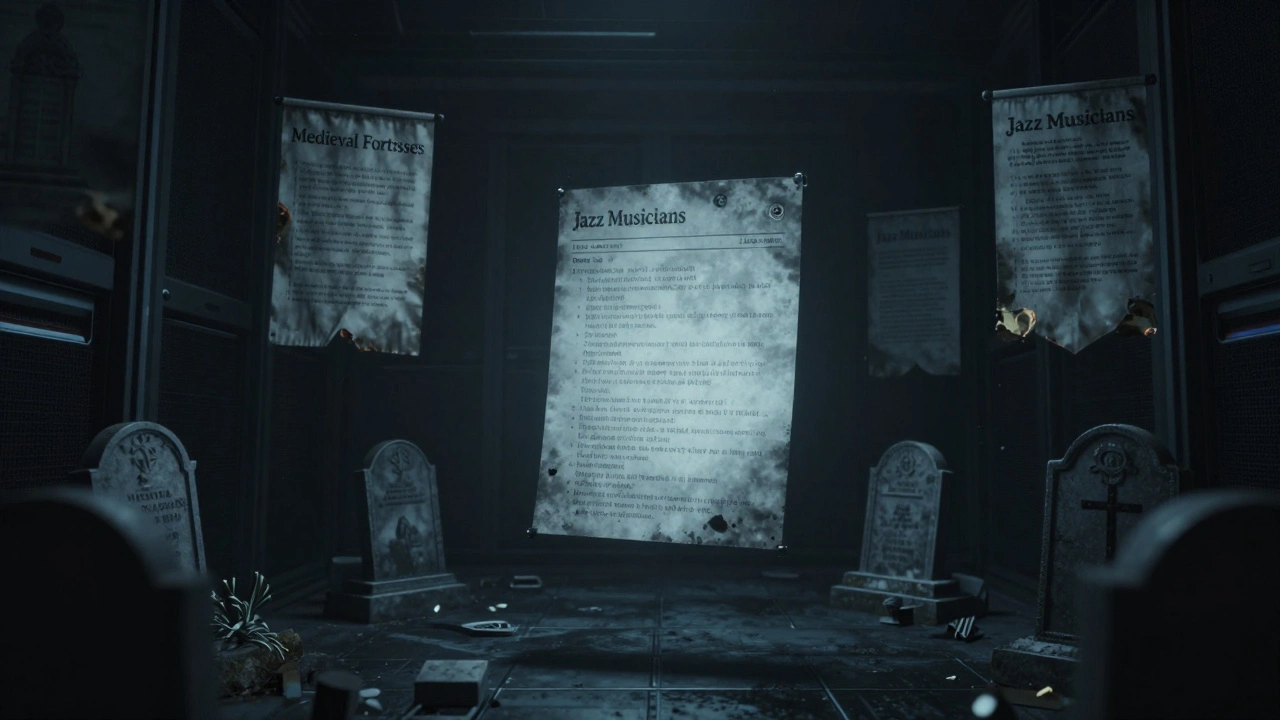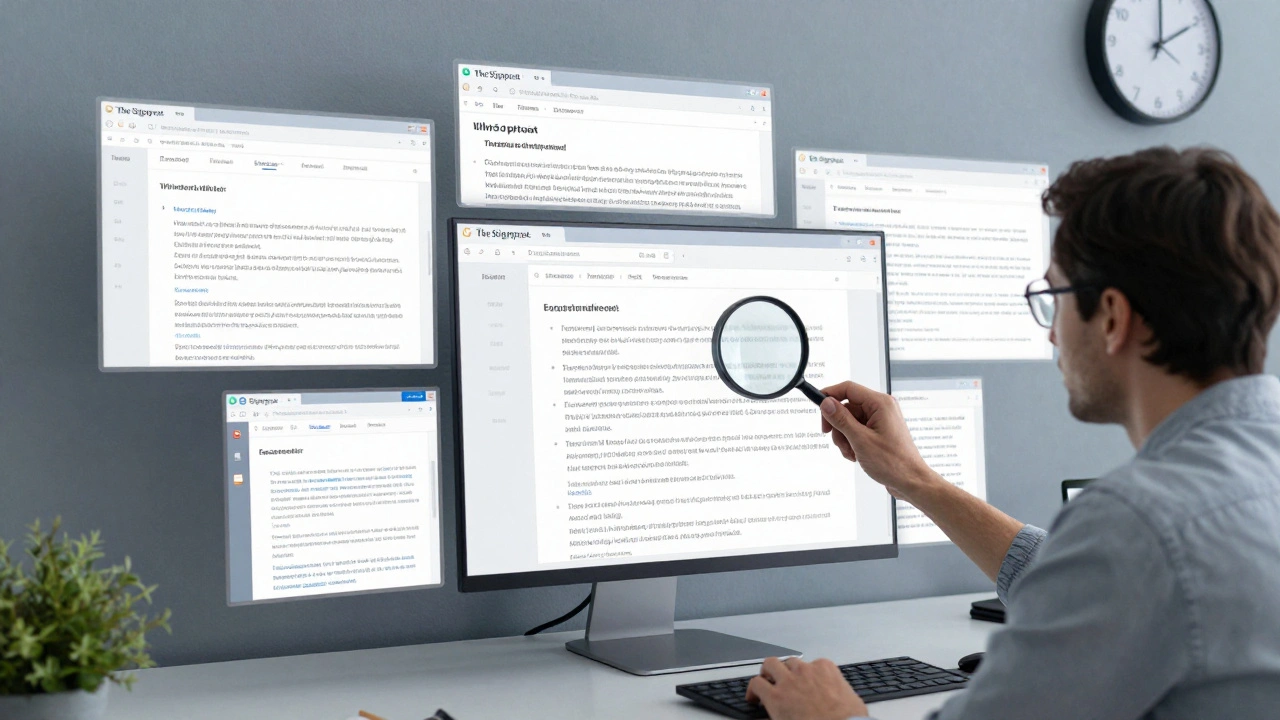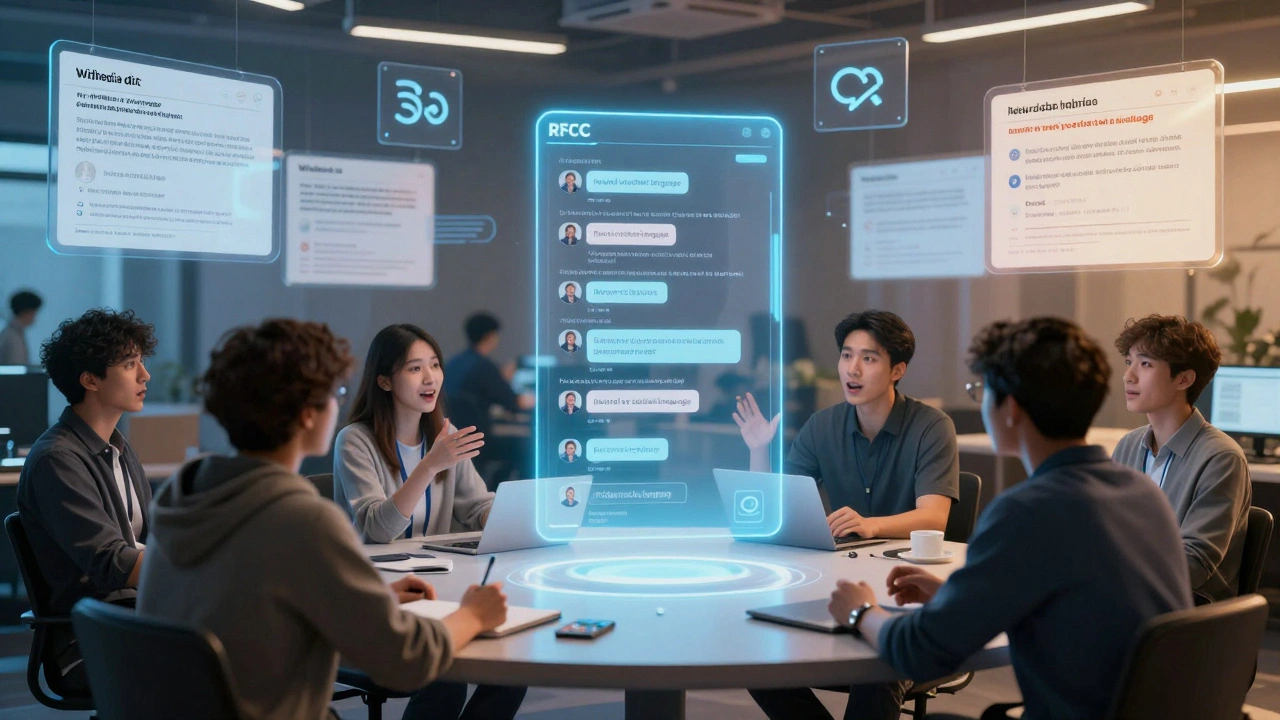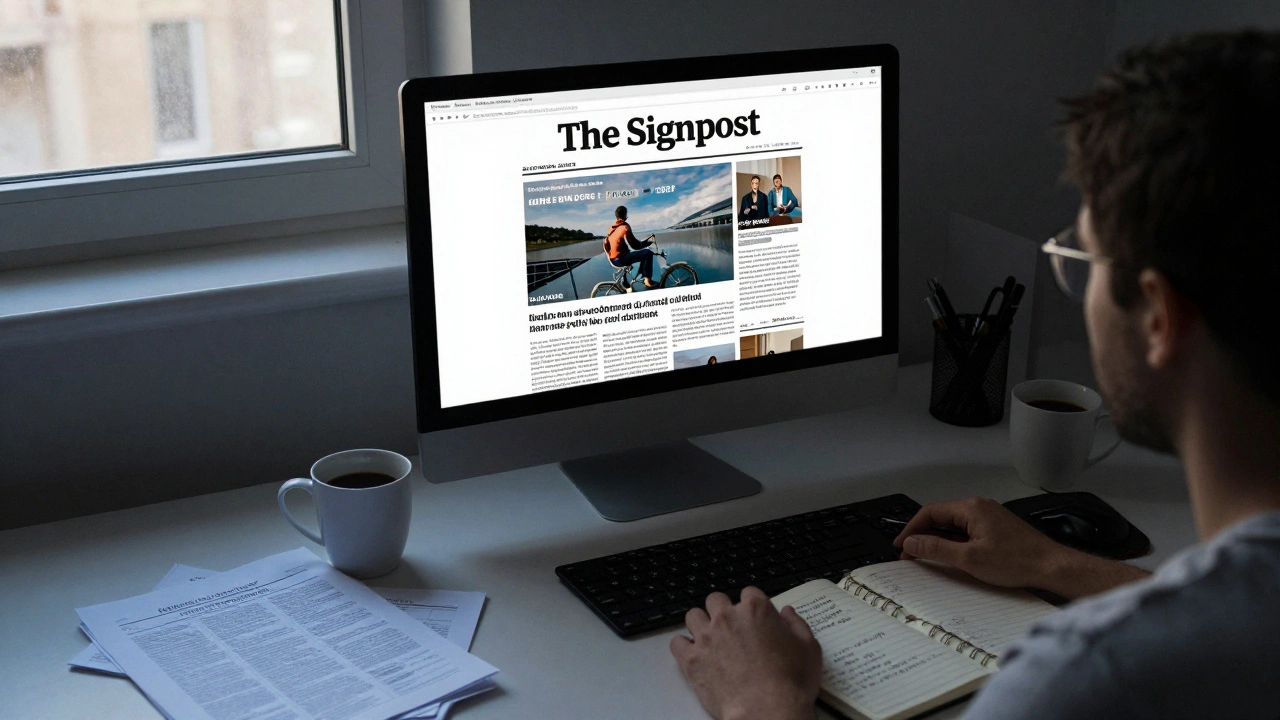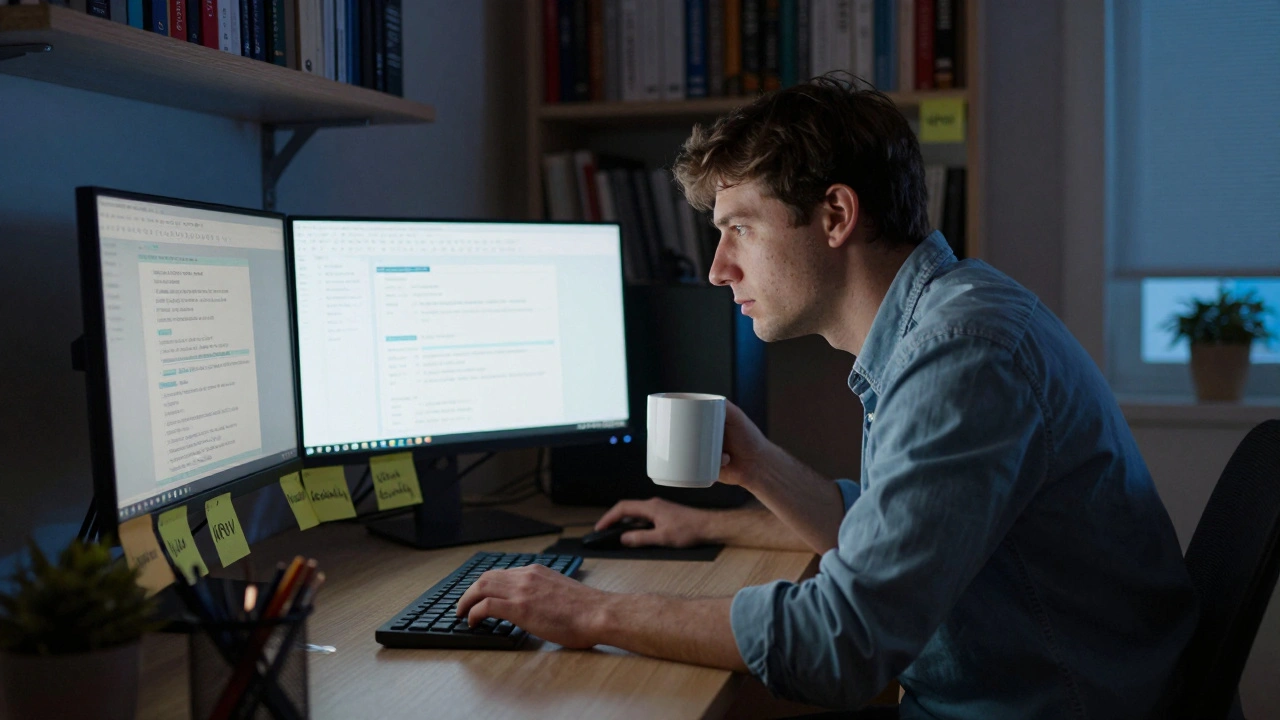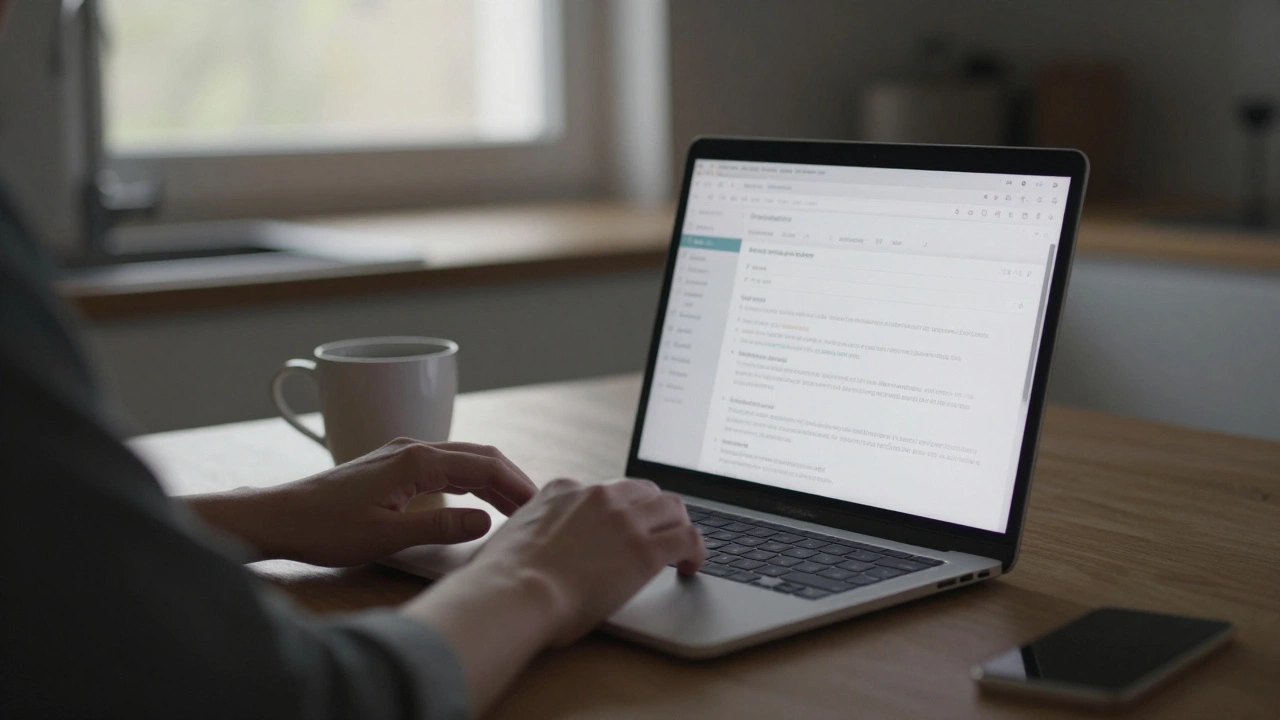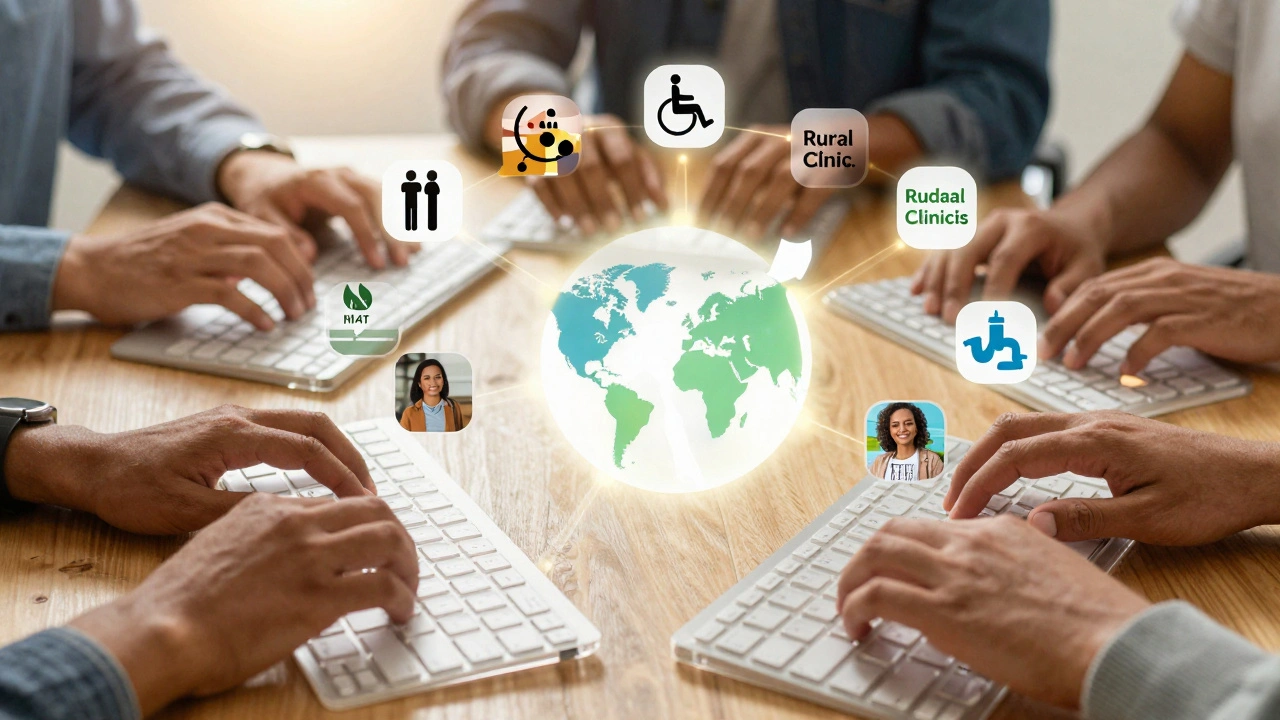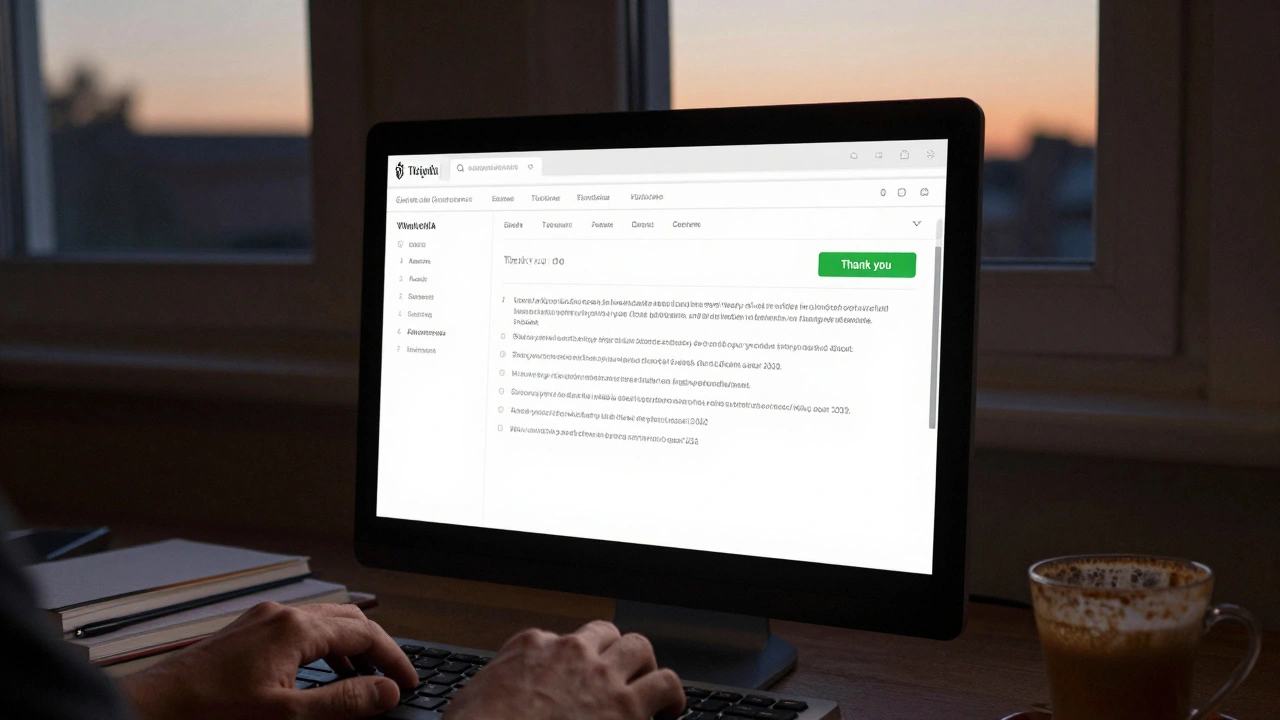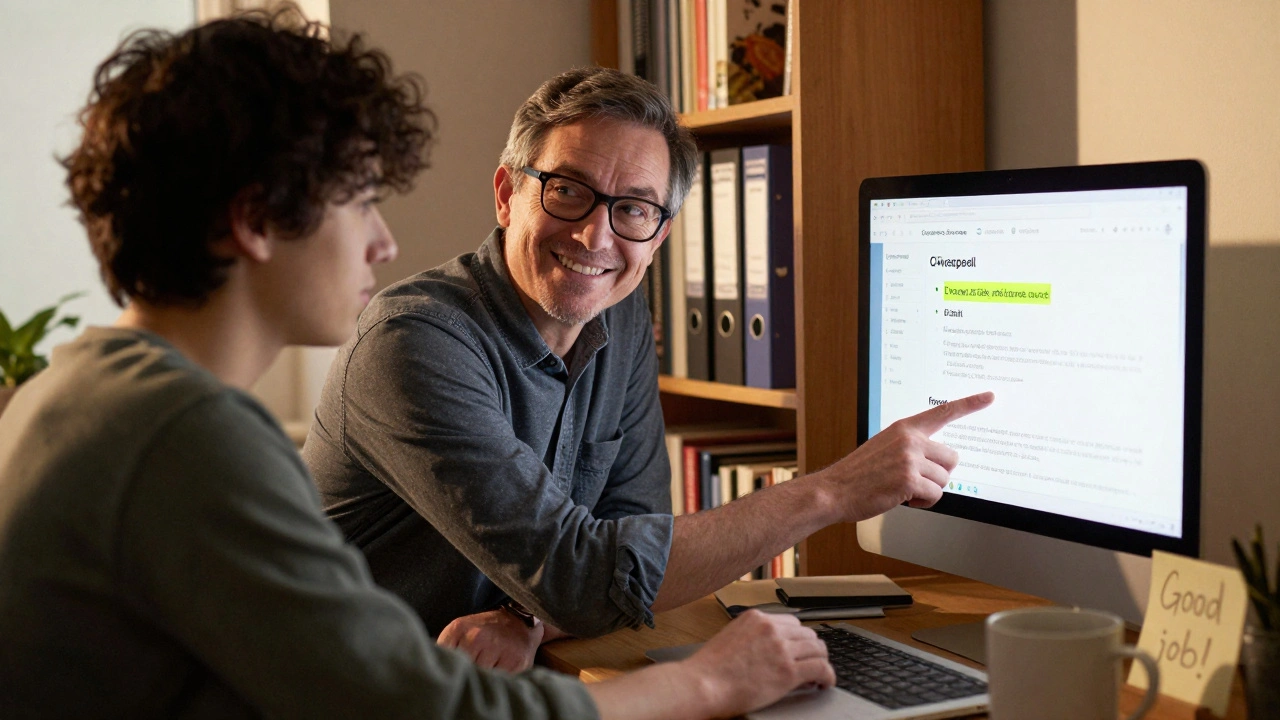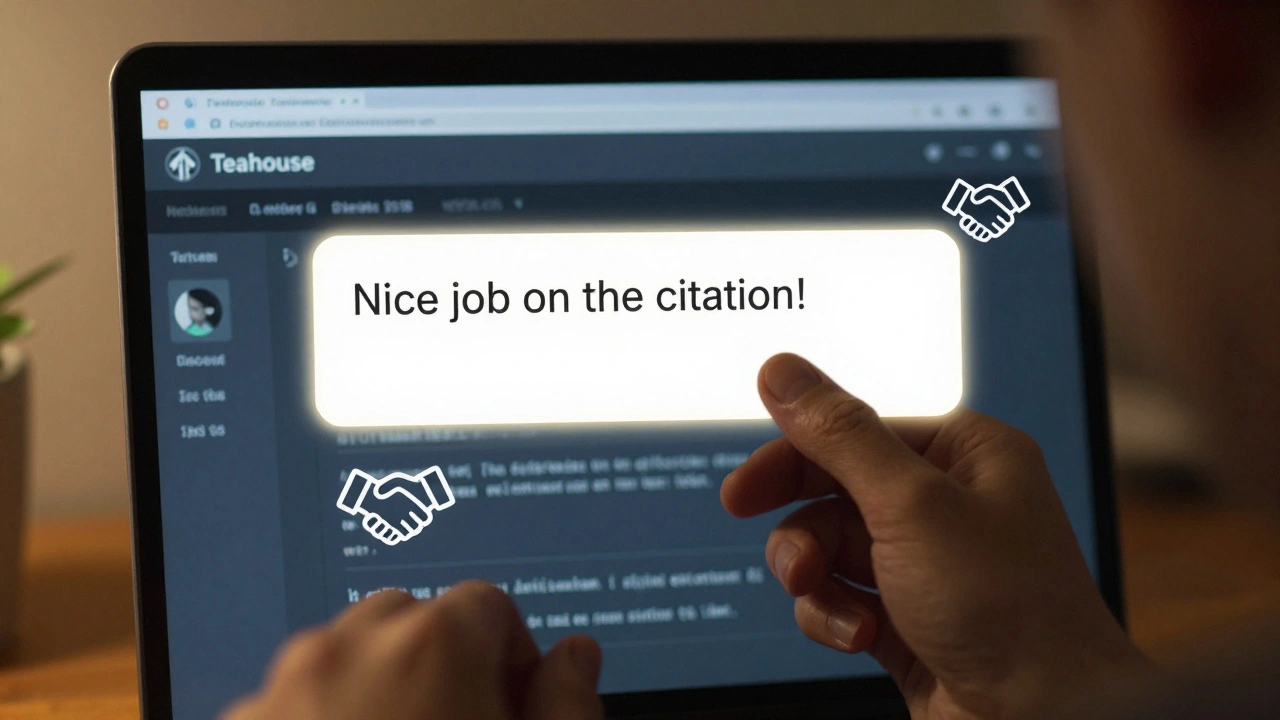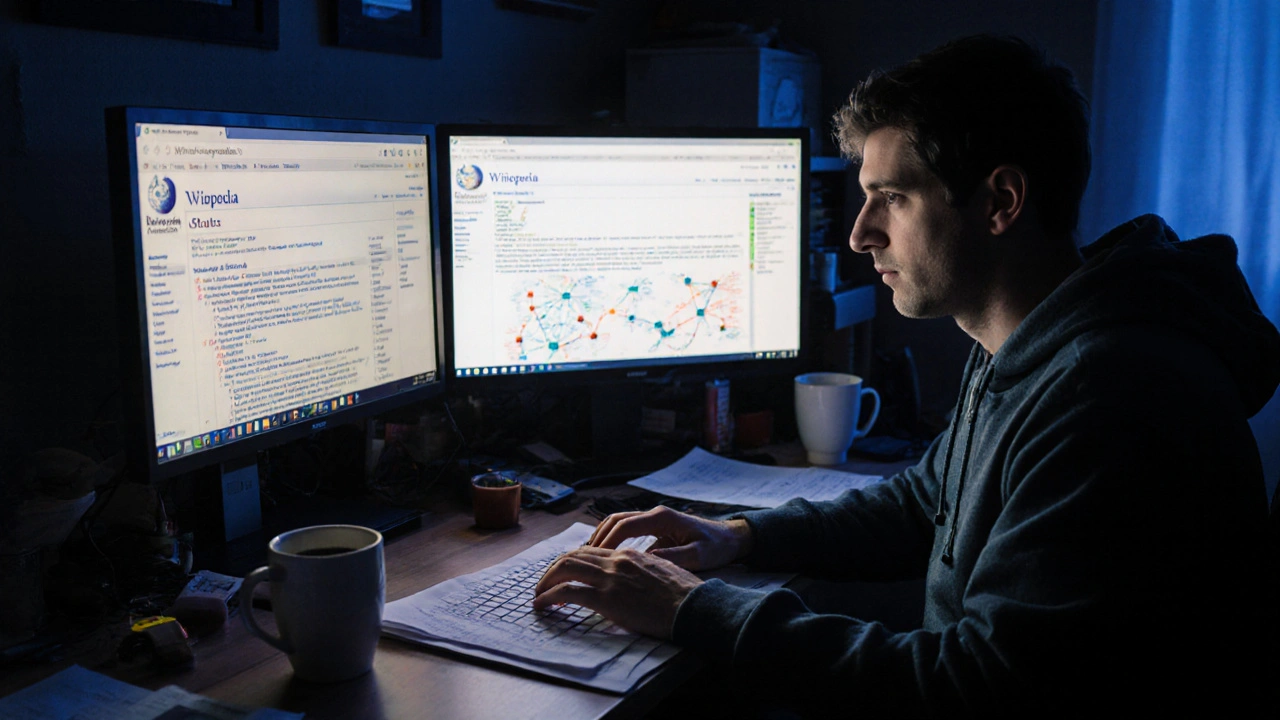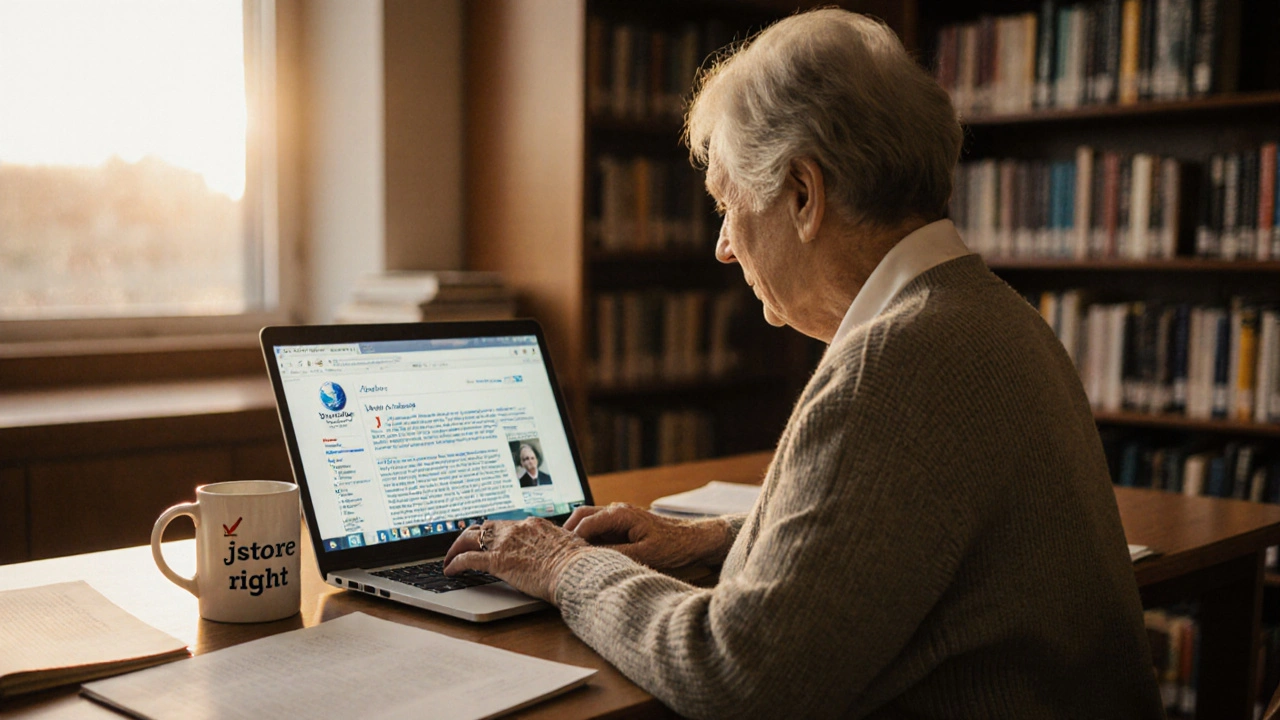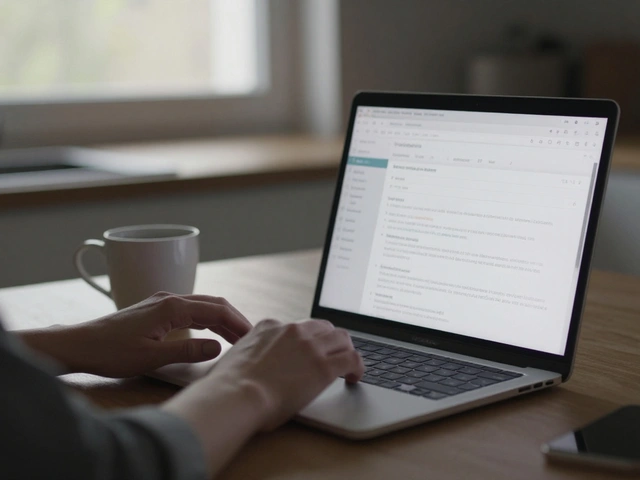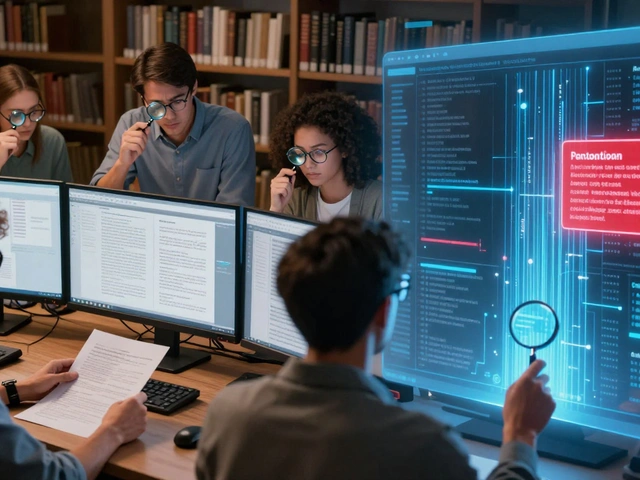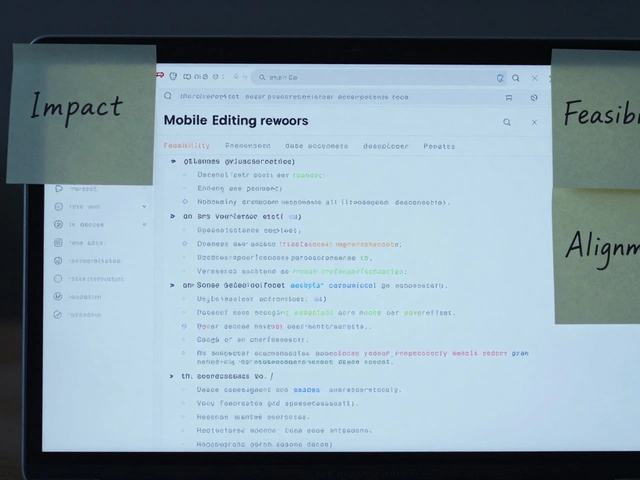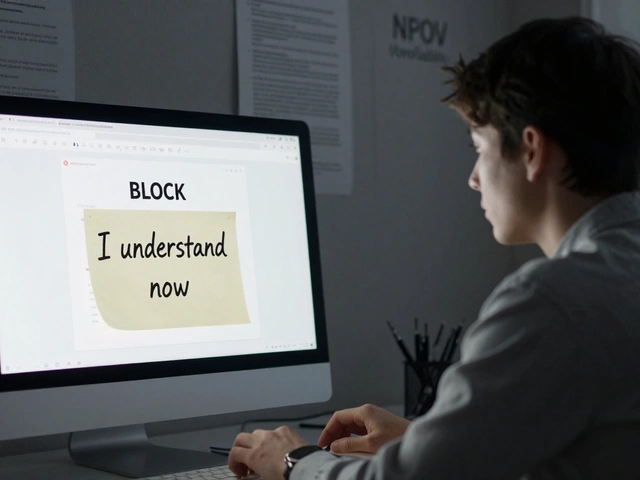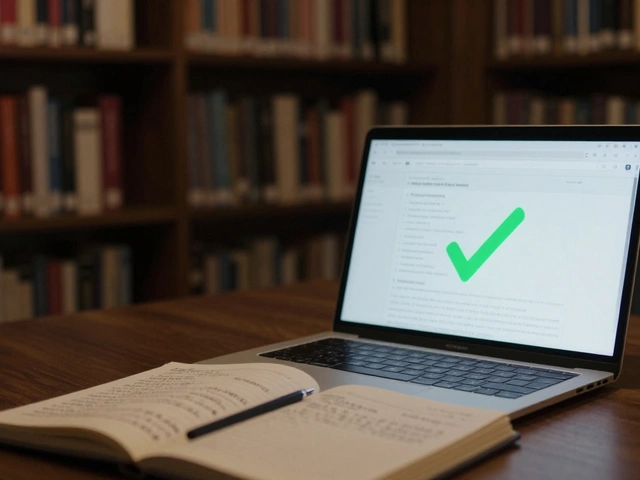Wikipedia community: How volunteers keep the world's largest encyclopedia alive
When you read a Wikipedia article, you’re not just seeing facts—you’re seeing the work of a global Wikipedia community, a decentralized network of volunteers who write, edit, and defend free knowledge without pay or corporate backing. Also known as Wikipedia editors, this group includes students, retirees, journalists, scientists, and hobbyists who show up every day to fix errors, add citations, and fight vandalism. It’s not a team with managers or schedules. It’s a movement built on shared rules, quiet collaboration, and stubborn dedication.
This community runs on tools like WikiProjects, volunteer-driven teams focused on specific topics like medicine, film, or Indigenous history, and systems like the watchlist, a personal tracking tool that helps editors monitor changes to articles they care about. They don’t get paid, but they do get results: over 60 million articles, thousands of daily edits, and a reputation for reliability that even AI encyclopedias haven’t matched. Behind every accurate date, every properly cited claim, and every balanced viewpoint is someone who took the time to check a source, debate a wording, or revert a lie.
The Wikimedia Foundation, the nonprofit that provides the servers, legal support, and tech tools for Wikipedia doesn’t run the content. It just keeps the lights on. The real power lies with the editors who decide what stays, what gets improved, and what gets deleted. They argue over due weight, copyright takedowns, and how to handle harassment that spills off the site. They run annual drives to clear copy-editing backlogs and build annotated bibliographies to support better articles. And they’re the ones pushing back when AI tries to edit without understanding context—or when corporations try to buy access to their work.
You won’t find ads here. No corporate sponsors. No algorithms pushing trending nonsense. Just people, trying to make sure the world’s knowledge stays open, accurate, and free. The Wikipedia community isn’t perfect. It’s messy, sometimes hostile, and often overwhelmed. But it’s the only system on the planet that lets anyone, anywhere, help write the story of human knowledge. And if you’ve ever used Wikipedia to check a fact, write a paper, or learn something new—you’ve already benefited from their work. Below, you’ll find real stories from inside this world: how volunteers handle bias, fight censorship, build tools, and keep the lights on—even when no one’s watching.
Why WikiProject Inactive Projects Fade: The Real Reasons Collaborations Die on Wikipedia
Why do WikiProjects on Wikipedia fade away? It's not lack of interest-it's poor support systems, burnout, and no clear path for new editors. Learn what keeps a few thriving-and how you can help revive others.
The Signpost's Editorial Guidelines and Standards Explained
The Signpost is Wikipedia's community-run newspaper, reporting on edits, policies, and controversies with strict editorial standards. Learn how it maintains credibility, neutrality, and transparency without relying on paid staff or external funding.
Current Wikipedia Requests for Comment Discussions Roundup
Wikipedia's community-driven decision-making through Requests for Comment shapes how content is created and moderated. Current RfCs are tackling bias, bot edits, institutional influence, and global representation.
The Signpost's Traffic and Readership Statistics on Wikipedia
The Signpost is Wikipedia's volunteer-run weekly newspaper, tracking community debates, policy changes, and editorial conflicts. With 45,000 weekly readers, it’s a vital internal tool for editors and researchers alike.
What Wikipedia Administrators Do: Roles and Responsibilities Explained
Wikipedia administrators are unpaid volunteers who maintain the site by enforcing policies, handling vandalism, and mediating disputes. They don't decide what's true-they ensure rules are followed.
Editor Lifecycle on Wikipedia: From Newcomer to Admin
Discover how Wikipedia editors evolve from newcomers to admins, why most quit, and what keeps the few who stay. Learn the real path to becoming an admin-and how you can help keep Wikipedia alive.
New WikiProject Launches and Focus Areas on Wikipedia
Six new WikiProjects launched on Wikipedia in 2025 to fix gaps in coverage of Indigenous languages, disability history, rural healthcare, climate migration, women in STEM, and local histories. These community-driven efforts are transforming who gets represented on the world’s largest encyclopedia.
Longitudinal Studies of Wikipedia Editor Retention and Churn
Longitudinal studies reveal why most Wikipedia editors quit within weeks-and what keeps the few who stay. It’s not about rules. It’s about feeling seen.
Onboarding New Editors via WikiProjects: Tutorials and Mentors
WikiProjects help new Wikipedia editors stay engaged by offering clear tutorials and personal mentorship. Learn how simple, human-led support turns first-time contributors into long-term volunteers.
How Mentorship and Coaching Programs Boost Wikipedia Editor Retention
Mentorship and coaching programs on Wikipedia significantly improve editor retention by offering personal support, reducing feelings of isolation, and helping newcomers navigate complex community norms. Data shows those with guidance are far more likely to stay and become leaders.
How The Signpost Handles Crisis Reporting During Wikipedia Outages
The Signpost is Wikipedia's volunteer-run newspaper that provides real-time, transparent updates during outages-keeping the community informed, calm, and connected when the site goes down.
How Librarians and Educators Shape Wikipedia's Community and Content
Librarians and educators are the hidden backbone of Wikipedia, ensuring accuracy, neutrality, and reliability. Their training in research and teaching makes them vital contributors to the world's largest encyclopedia.
